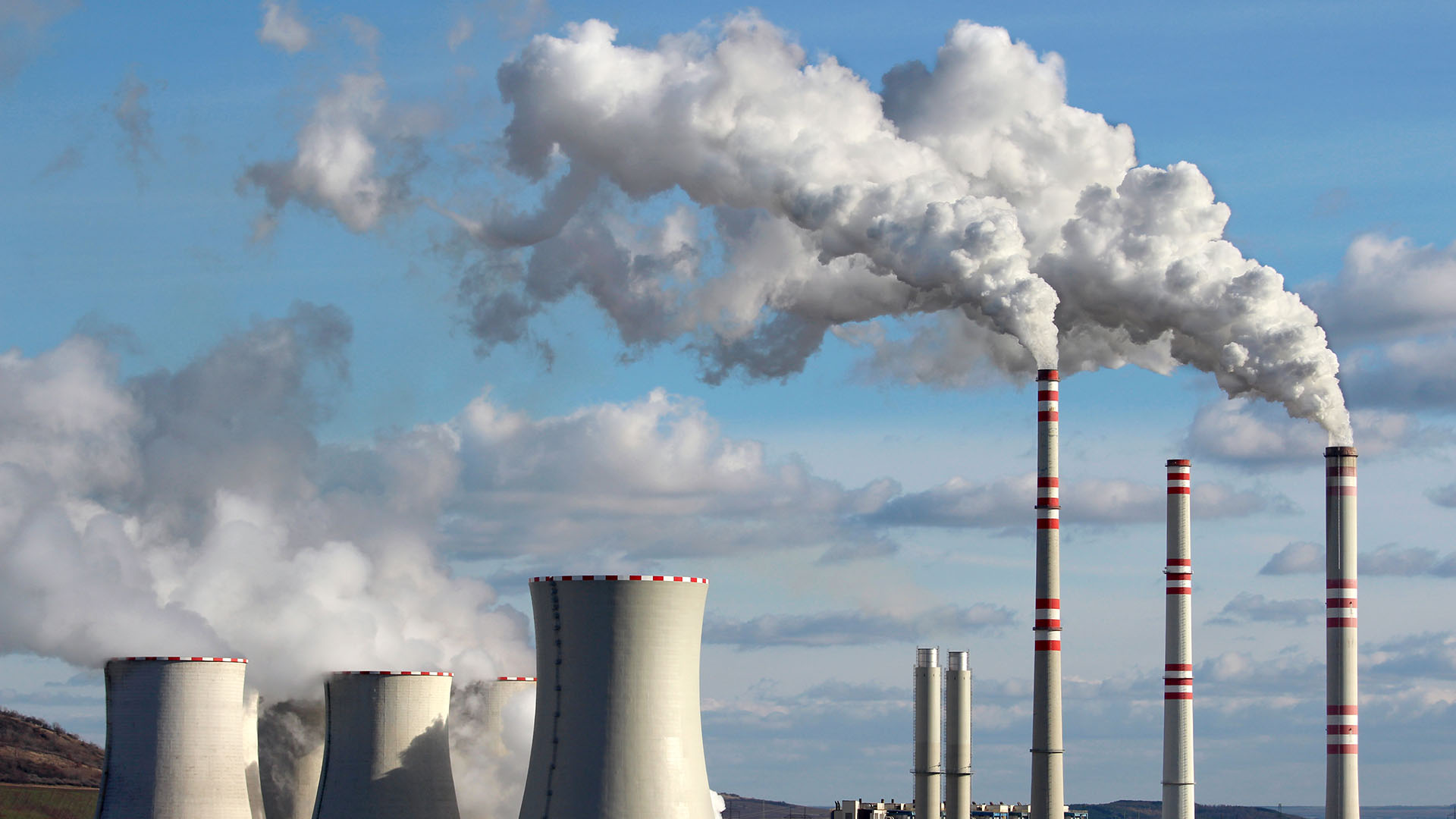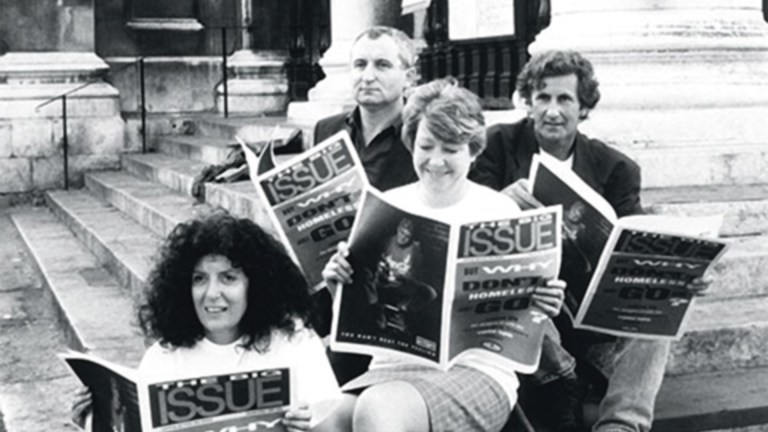News about fossil fuel and the climate crisis is escalating by the week. Sometimes, it’s on the front page; far too often, hiding somewhere in the small print. But wherever the stories are printed, the message remains the same: our window to prevent runaway climate change and secure a liveable future for people around the world is rapidly closing.
Fossil fuels are driving the climate crisis. We must transition from coal, oil and gas to save lives today and in the future. We must do this in a way that protects the most vulnerable in our society. And, if we’re smart, we’ll create a better, more equal world in the process.
This is where a Fossil Fuel Non-Proliferation Treaty (we’ll call it a Fossil Fuel Treaty for short) comes in. The Fossil Fuel Treaty is a proposal for a global exit plan from fossil fuels that’s gaining ground around the world. It would see countries work together to find a roadmap for a fast, fair and properly funded transition away from fossil fuels for good.
Our ambitions must not end at merely mitigating away the damage fossil fuels cause, if that were even possible. Rather, we need to stop them at their root – and we must do so in a just way for workers, communities and our planet. That’s why a managed global exit plan is so important. Global treaties have a history of managing major threats and upholding global justice and human rights. The Refugee Convention, for example, recently helped to stop people seeking asylum in the UK from being forcibly removed to Rwanda. A Fossil Fuel Treaty could also see leaders cooperate to stop the global harms currently caused by fossil fuels and uphold the rights and wellbeing of people around the world.
There has never been a better moment to push for a global exit plan from fossil fuels in the UK. As people worldwide face down the fossil fuelled climate and cost of living crises, our Prime Minister’s attention seems focused on supporting the multibillion-dollar fossil fuel industry. To justify his reckless race to extinction, Rishi Sunak has exploited the suffering of those in the UK faced with unaffordable energy bills. He’s right to say the government should be trying to alleviate rising inequality and fuel poverty in the UK. But his plans won’t help achieve this, because it’s oil companies, rather than the government, that control where North Sea oil is sold, and how much it will cost UK households once it’s produced. The worst part is that this government knows this – the Energy Minister has admitted that the latest plans won’t directly impact people’s bills.
- Climate anxiety: What is it and how can you cope?
- ‘Death certificate’: Why COP28 climate summit is hanging by a thread over fossil fuel deadlock
Still, as Rishi Sunak beats his chest from the frontbench, demanding that facts change to fit his narrative, the inherent unfairness of the fossil fuel economy is felt around the world. From people in the UK struggling to pay ever-rising energy bills, to communities in the Niger Delta, whose soil and water supplies have been polluted by repeated oil spills from Shell’s operations there. That’s before we even talk about the devastating loss and damage caused by extreme weather in the global south every year. And all this while oil companies rake in billions each year.










